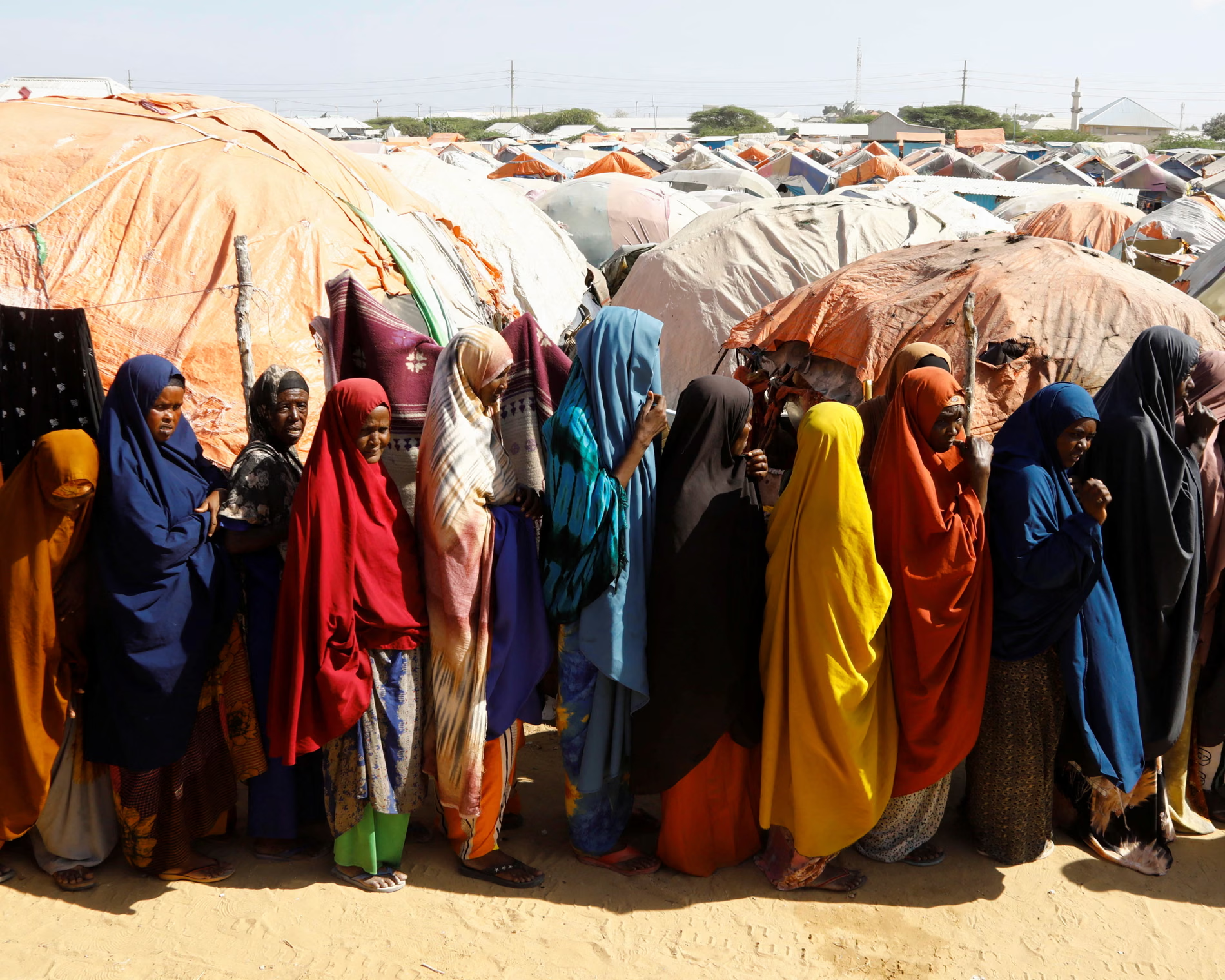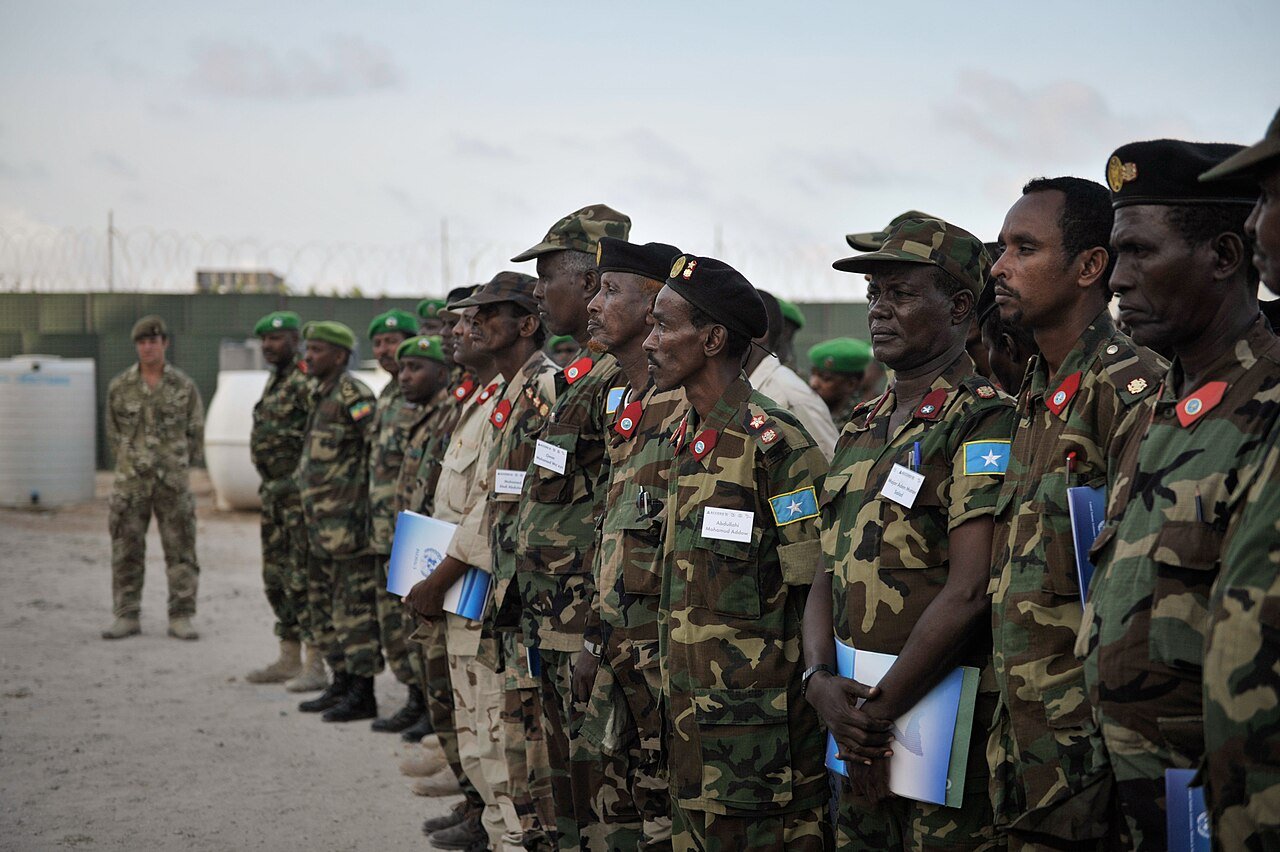Somalia has entered a new era with the signing of a major hydrocarbon agreement with Türkiye. The Production Sharing Agreement (PSA), signed on March 7, 2024, and disclosed in April 2025, marks a turning point for the Horn of Africa. This deal could transform Somalia into a major producer of oil and gas. The agreement aims to support both countries’ energy needs and economic growth while bringing new attention to Somalia’s untapped resources.
Hydrocarbons remain vital to the global economy
Despite global discussions about moving away from hydrocarbons, these resources are still crucial. They are used in many industries, including medicine, transport, manufacturing, and technology. It may take decades before full alternatives are available. Until then, oil and gas exploration will remain a key part of the world economy.
Somalia’s potential to become a new hydrocarbon frontier has put the country back into global focus. Recent reports suggest Somalia has large offshore oil and gas reserves. Experts estimate about 6 billion cubic meters of natural gas and more than 30 billion barrels of oil offshore. Some reports even suggest total reserves, including onshore, could reach 110 billion barrels.
Details of the Somalia-Türkiye production sharing agreement
The PSA between Somalia and Türkiye outlines the rules for exploring and producing petroleum resources. Türkiye’s state-owned company, Turkish Petroleum Corporation (TPAO), will lead the activities.
The agreement allows Türkiye to
- Assign its rights to third parties without needing to set up a company in Somalia (Article 4.3)
- Avoid paying upfront signature or production bonuses (Article 4.5)
- Recover 90 percent of petroleum produced annually before sharing profits (Article 4.7)
- Export its share of petroleum freely at international prices (Article 4.8)
Security measures are included in the agreement to support Somalia’s fight against terrorism and piracy (Article 6). Investment protections under international law are also guaranteed (Article 9), with disputes settled through arbitration in Istanbul.
You can find more about Somalia’s development at Daljoog News.
Criticism and challenges of the agreement
Some critics argue that the agreement favors Türkiye too heavily. For example, Türkiye does not need to pay initial fees that are common in similar deals elsewhere. The cost recovery system also gives Türkiye a significant advantage until investments are paid off.
However, the Somali environment presents unique risks for foreign investors
- Terrorism and piracy remain threats
- Somalia’s legal and political systems are still developing
- Infrastructure such as roads and ports is limited
- Regional powers often interfere in Somali affairs
Given these challenges, many analysts see the agreement’s terms as a way to attract Türkiye’s investment under difficult conditions.
Understanding cost recovery and profit sharing
International oil agreements often use a “cost recovery” model. In this system, companies invest their own money first. They recover these costs from production before sharing profits with the host country.
In Somalia’s case
- Türkiye recovers up to 90 percent of production in the early years
- Somalia earns a 5 percent royalty from the start, either in cash or oil
- After cost recovery, Somalia could receive up to 70 percent of profits, according to unofficial reports
Typically, it may take three to four years for the shift toward higher Somali earnings. This could bring new revenues to help Somalia rebuild and grow its economy.
Potential benefits for Somalia
If managed well, Somalia’s new oil and gas industry could transform the country
It could create jobs and boost the economy
Infrastructure like roads, ports, and schools could improve
Energy resources could help Somalia reduce poverty
Transparency and strong institutions will be crucial. Somalia must ensure that the new wealth benefits the entire population and not just a few individuals.
Addressing misinformation and political risks
Misinformation about the agreement has spread quickly. Some groups, often funded by external actors, have criticized the Türkiye-Somalia partnership without presenting facts.
Türkiye remains one of the few countries to invest heavily in Somalia over the past decade. Its commitment to Somalia’s development could lead to long-term benefits for both nations.







